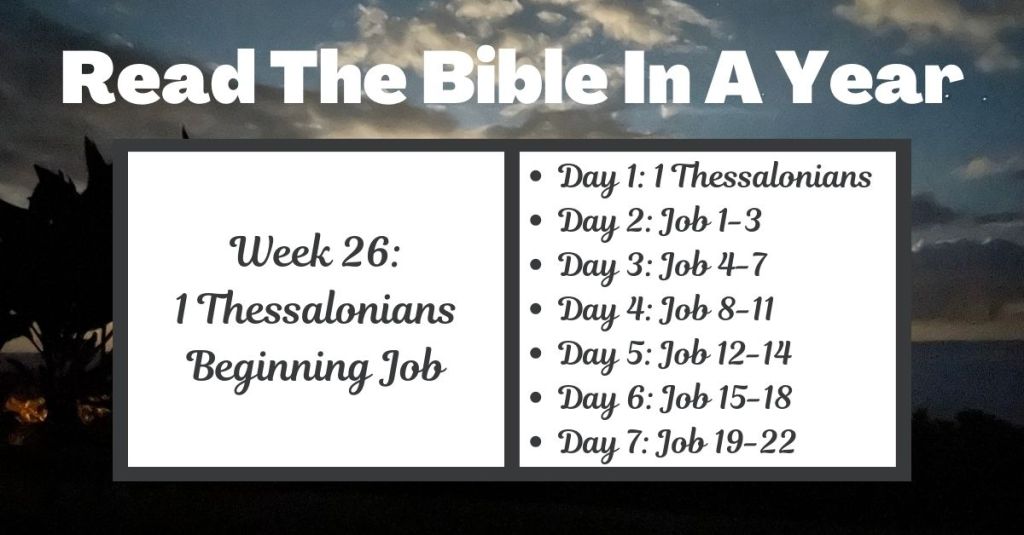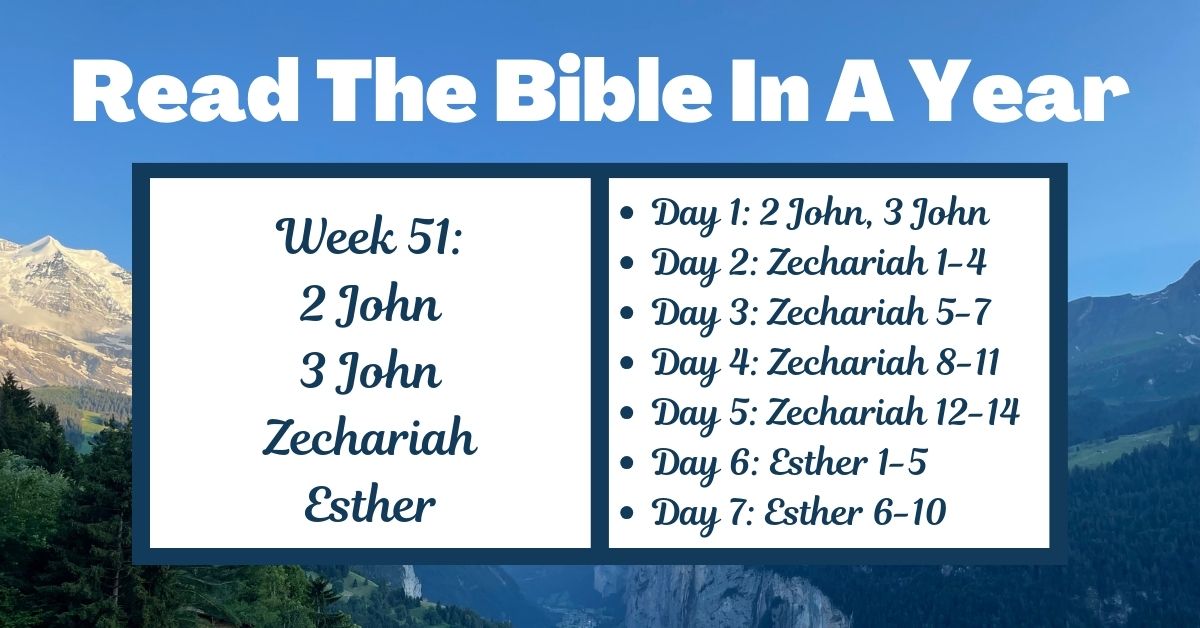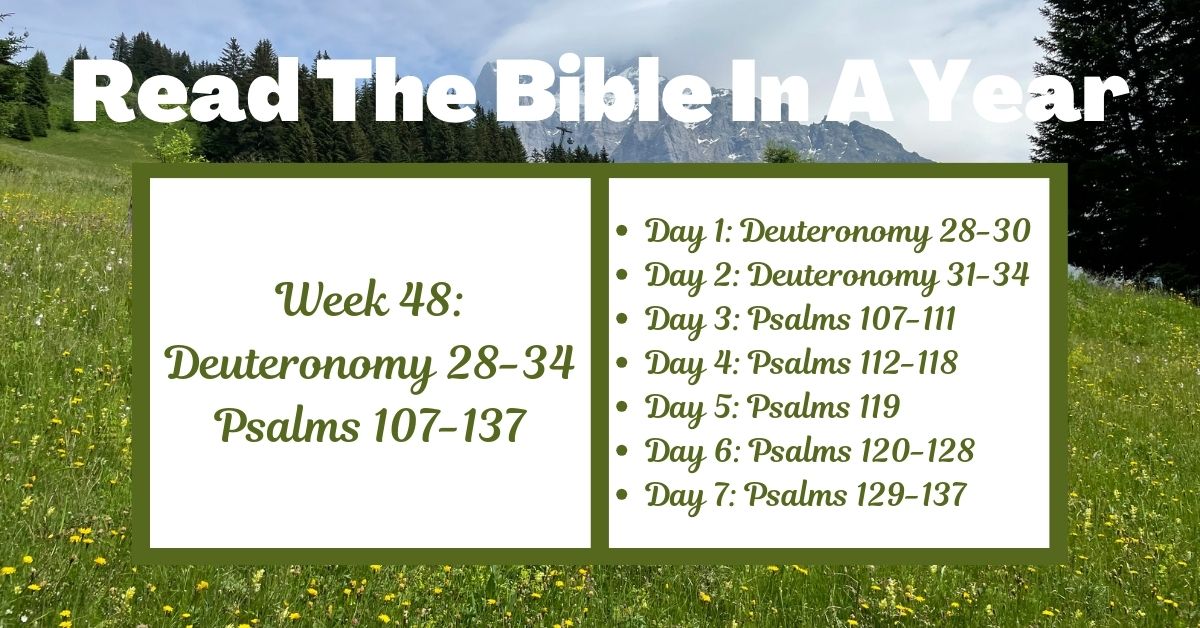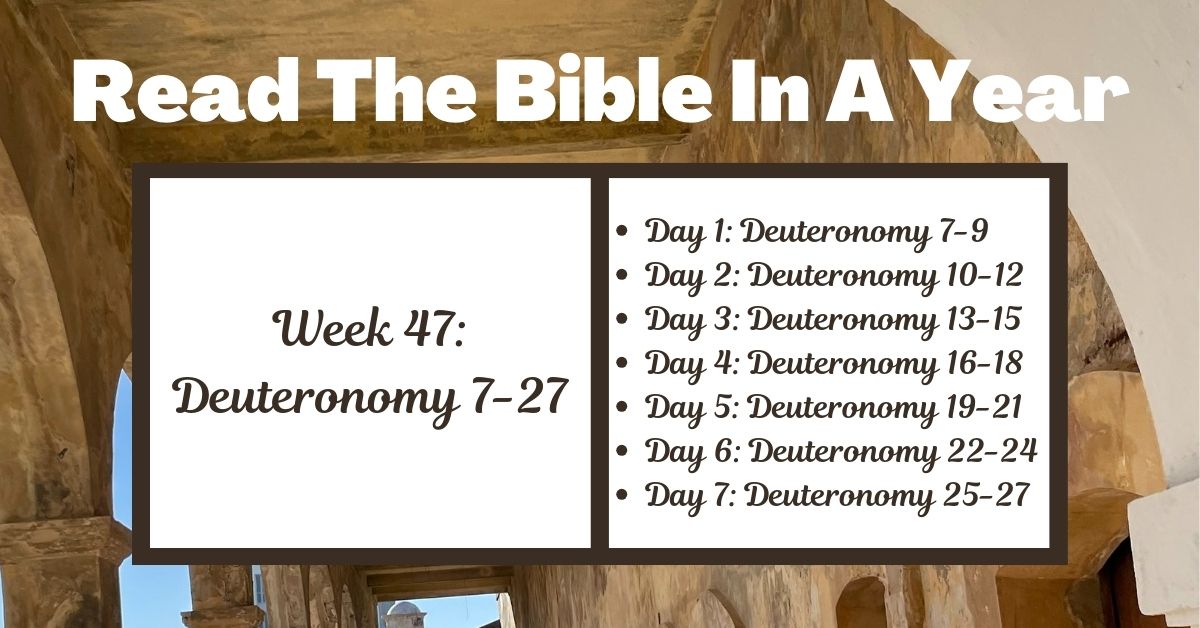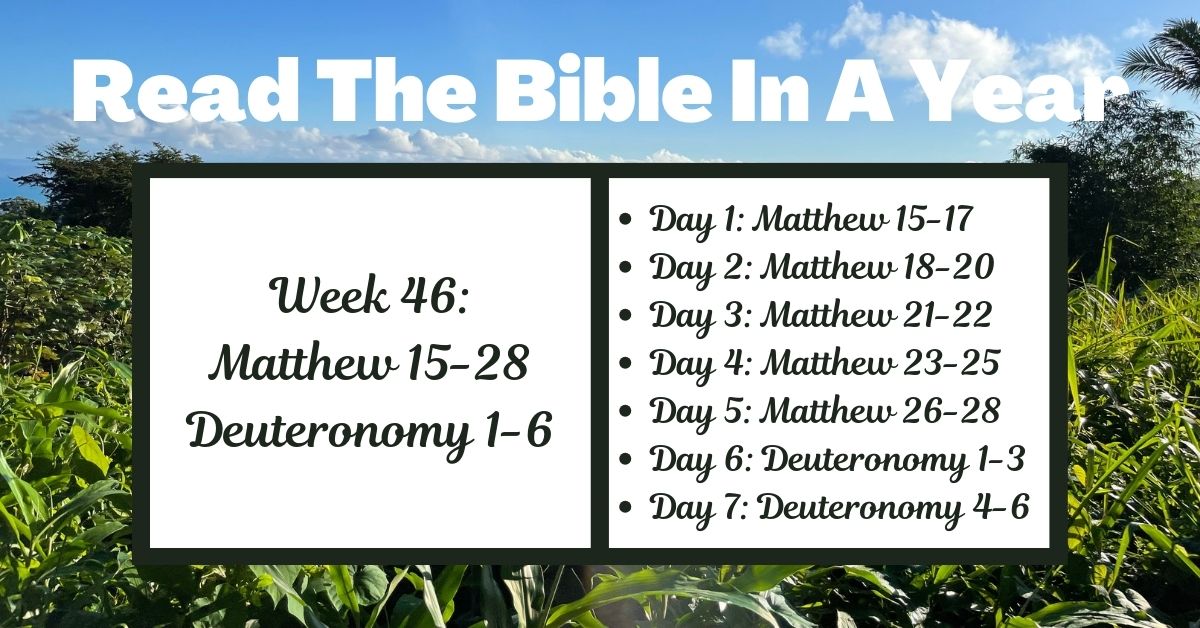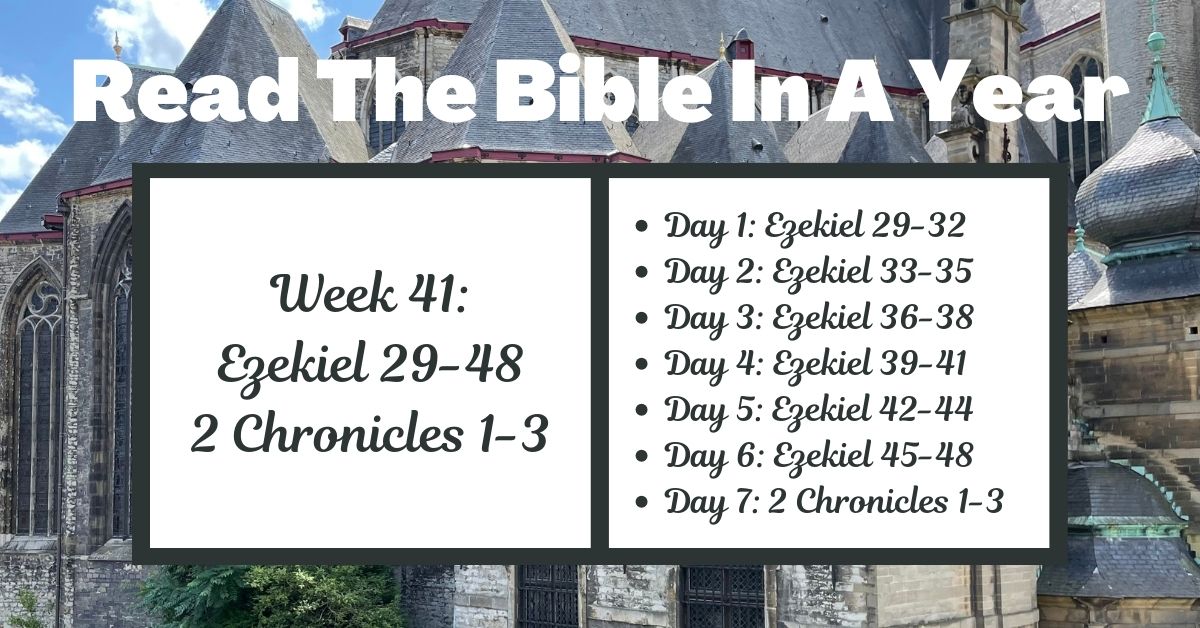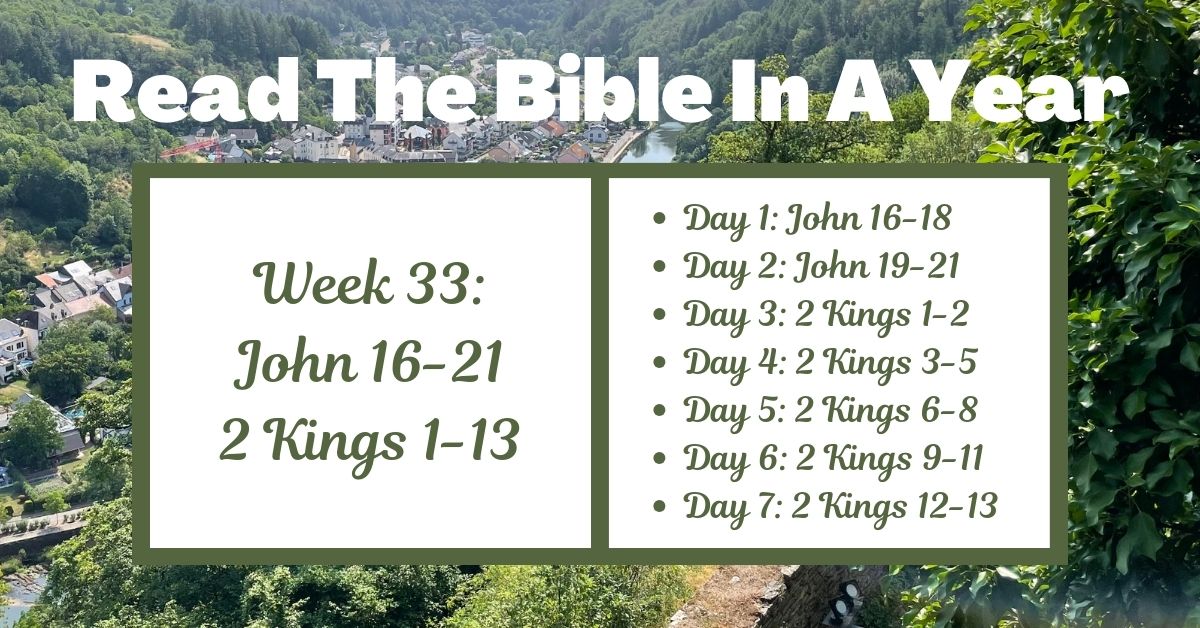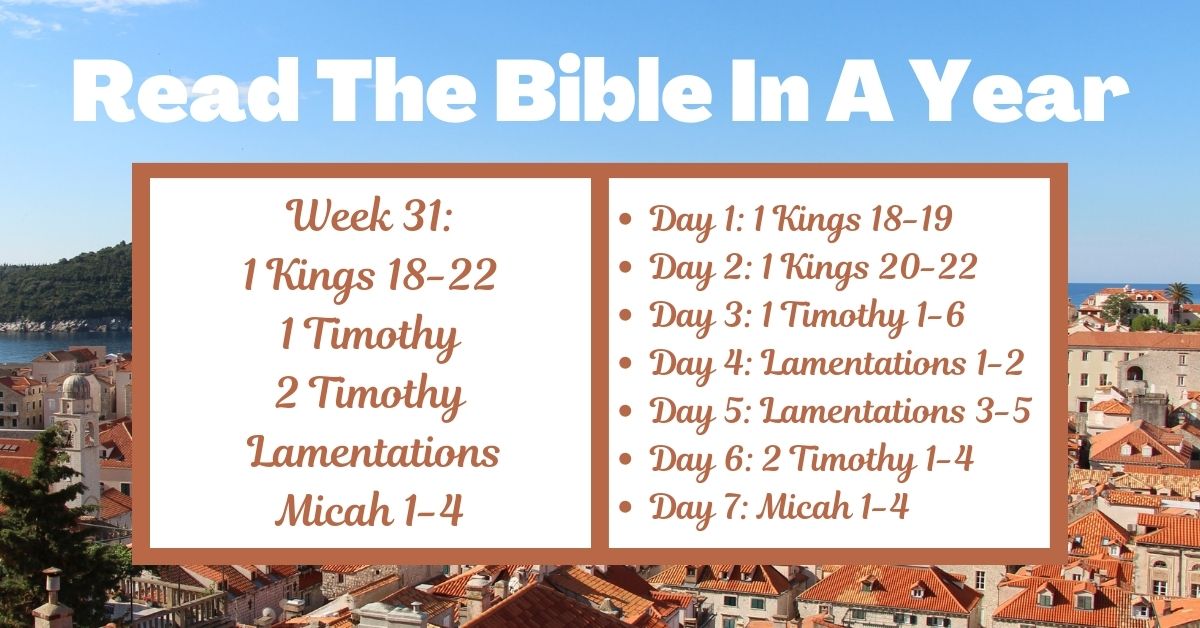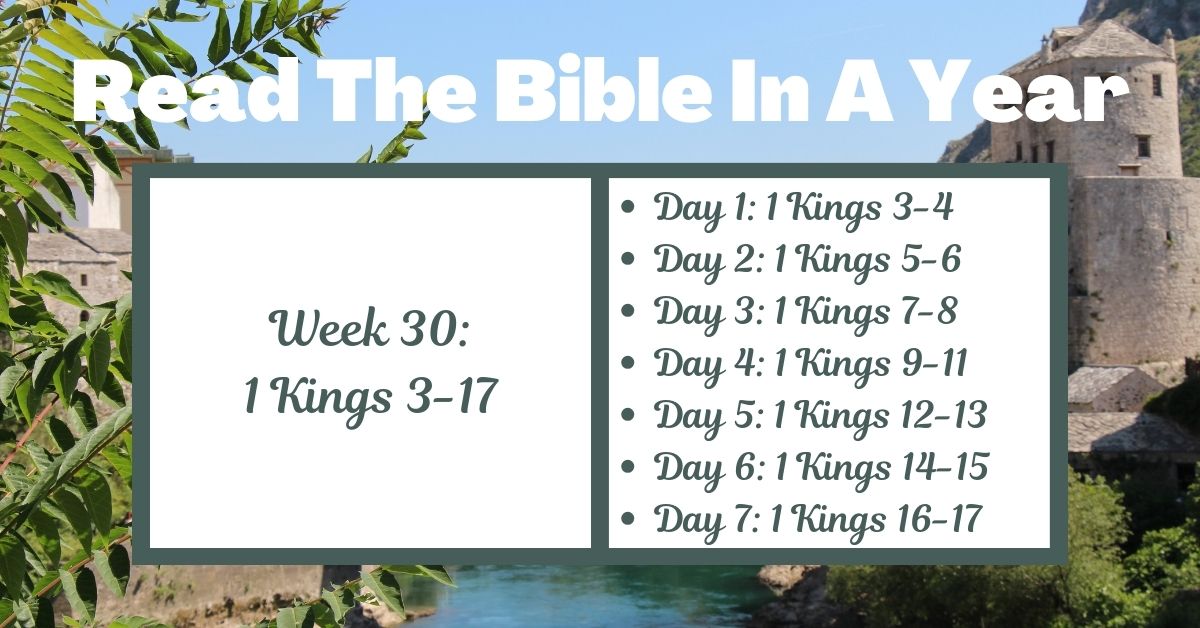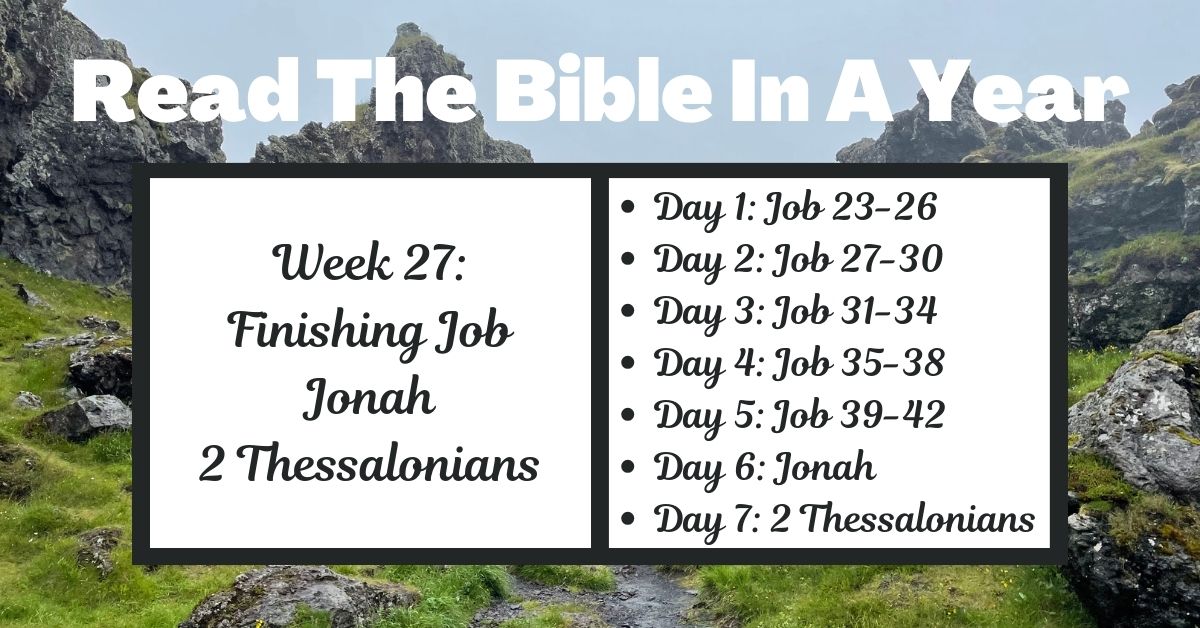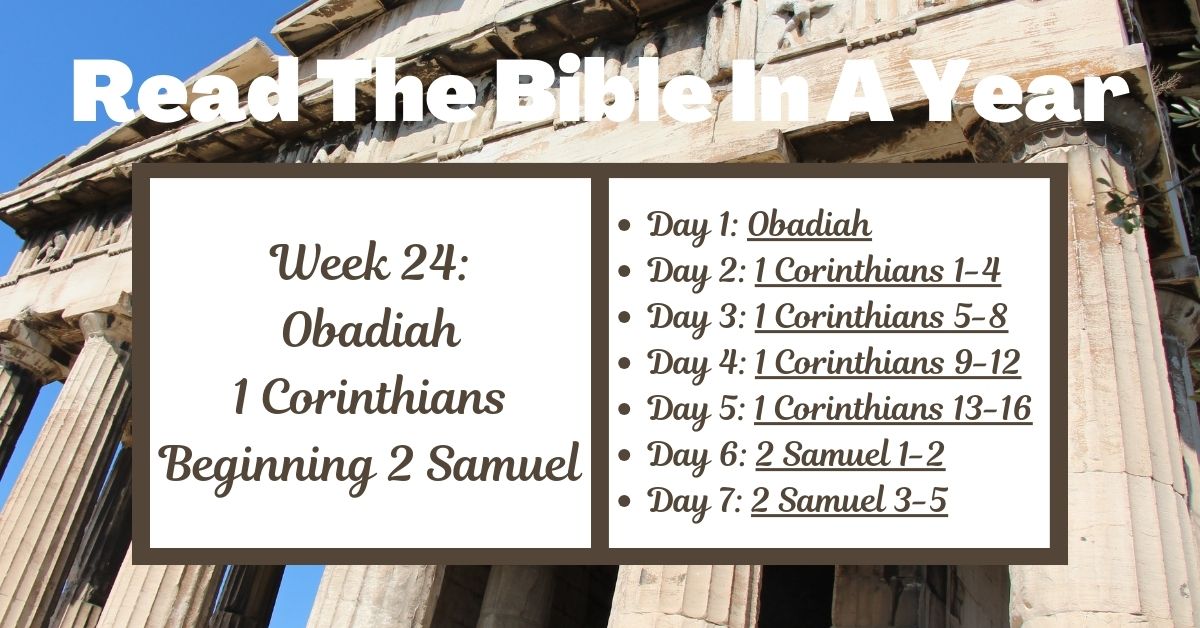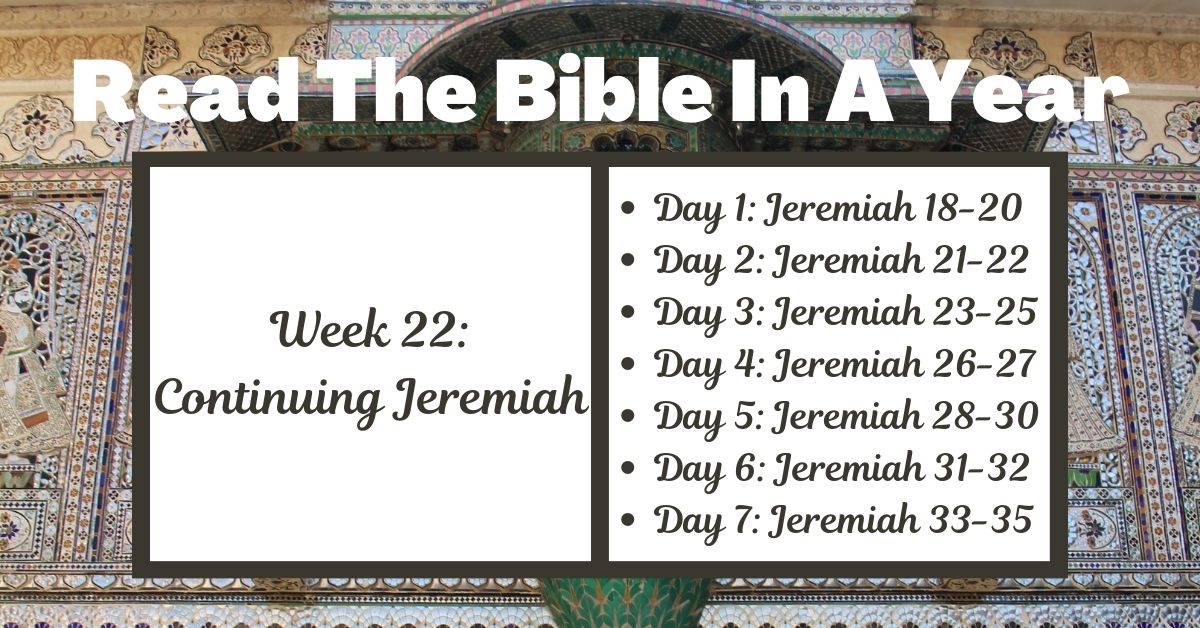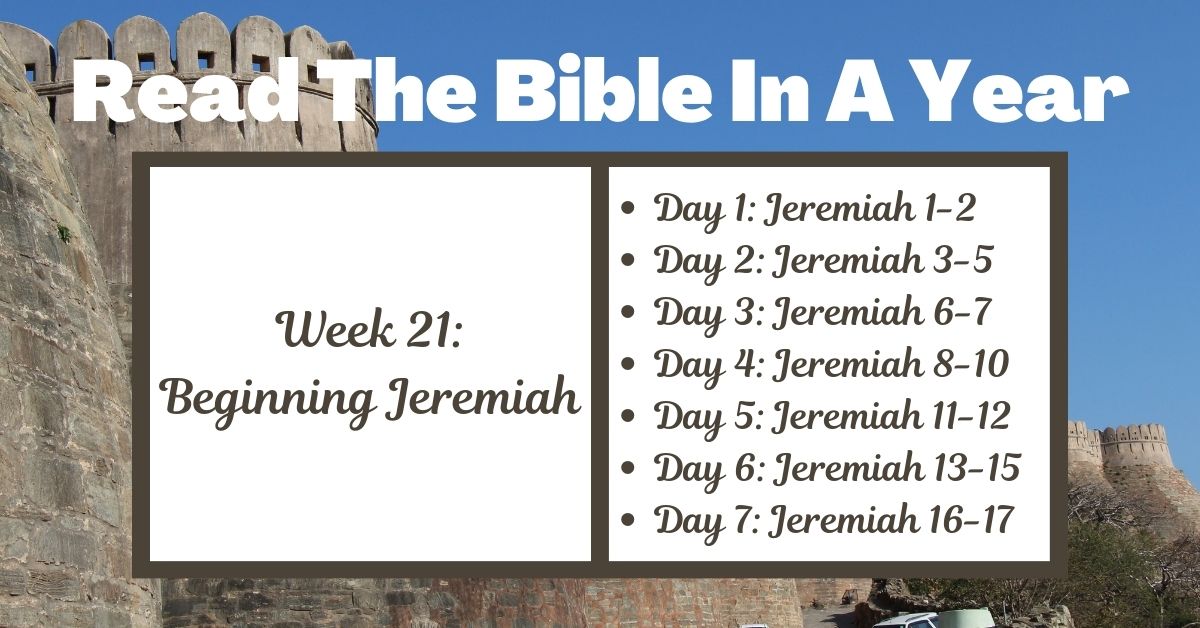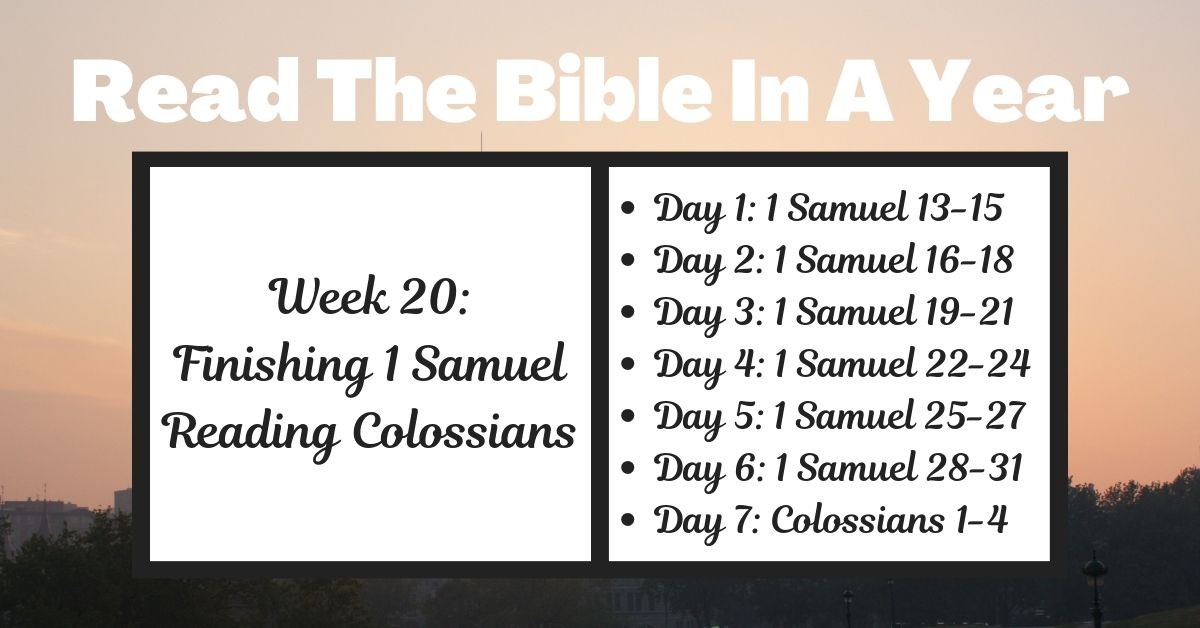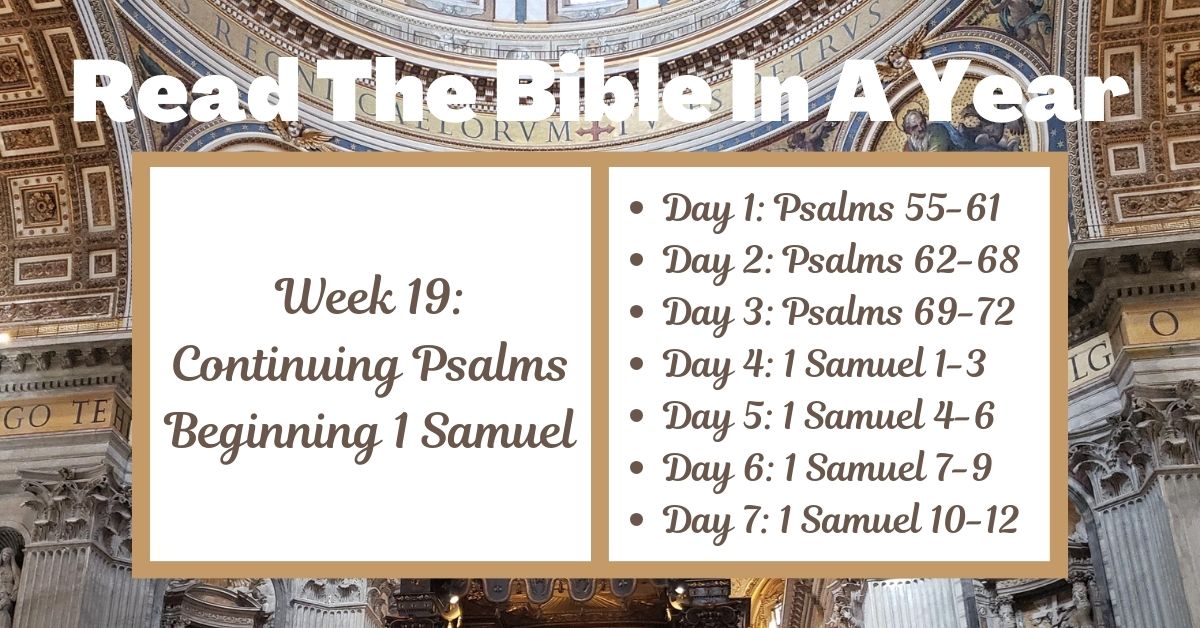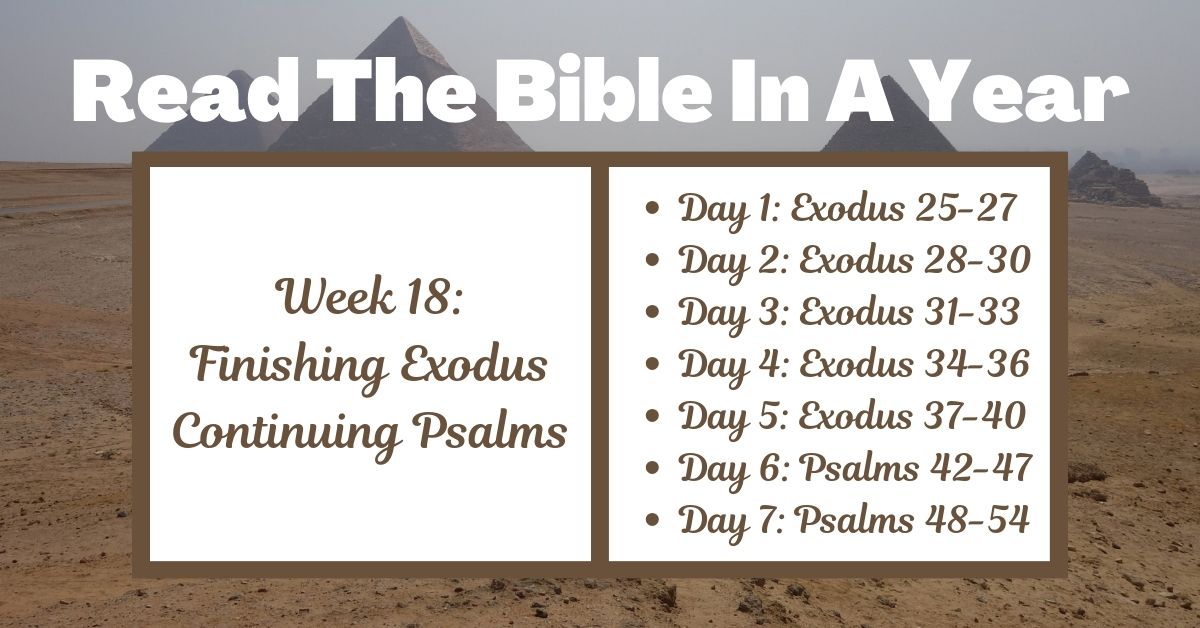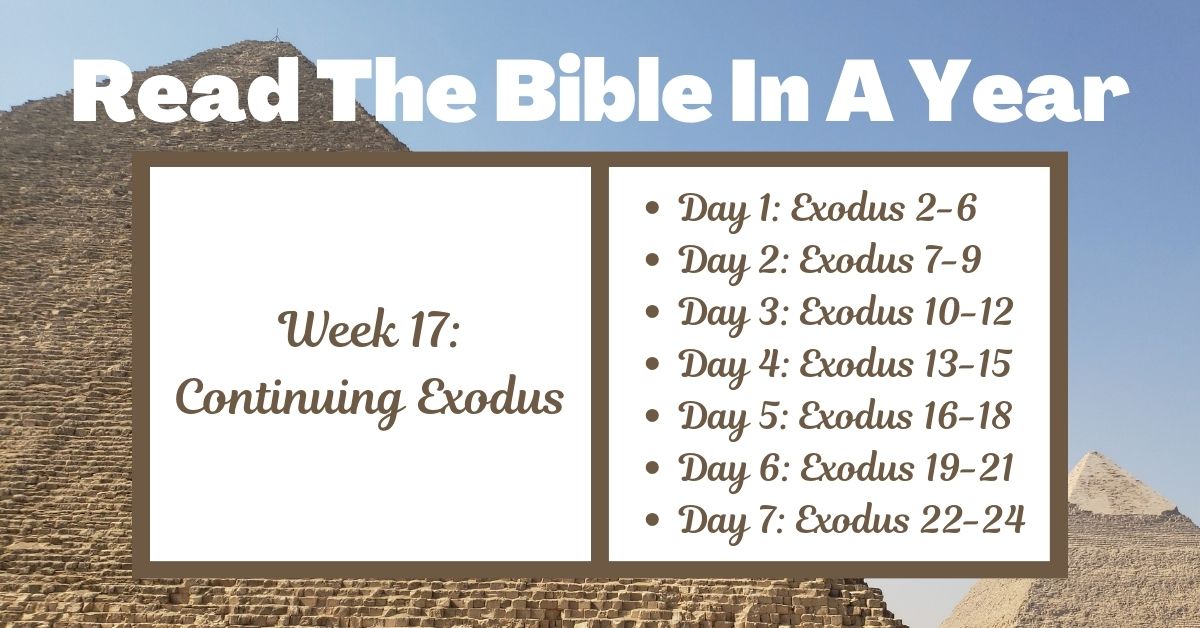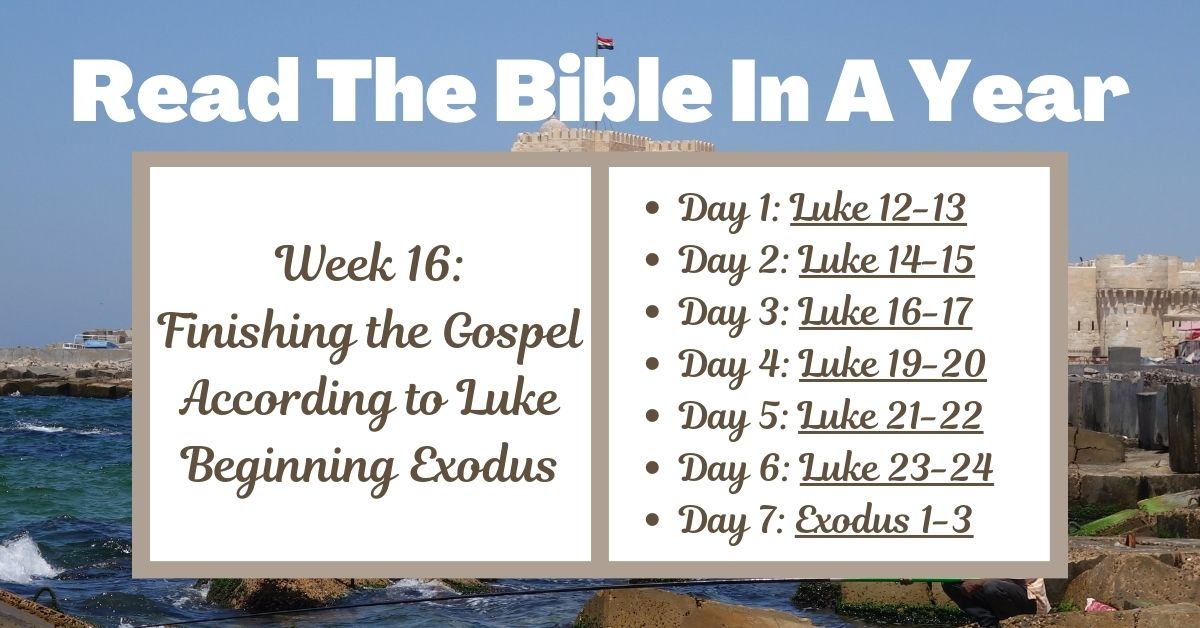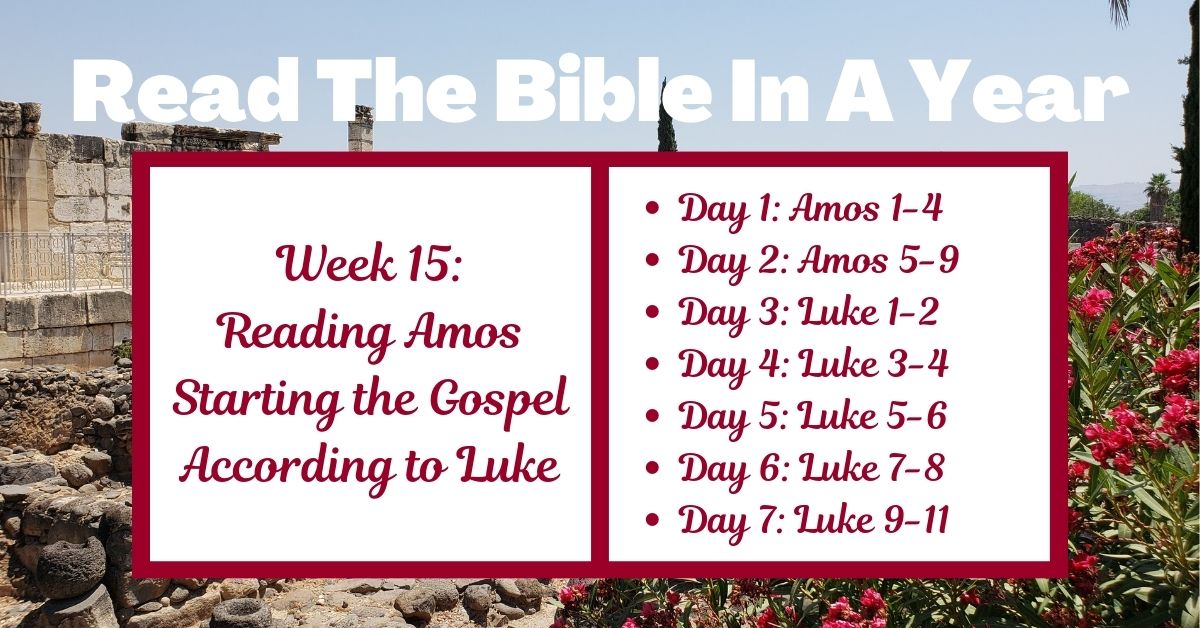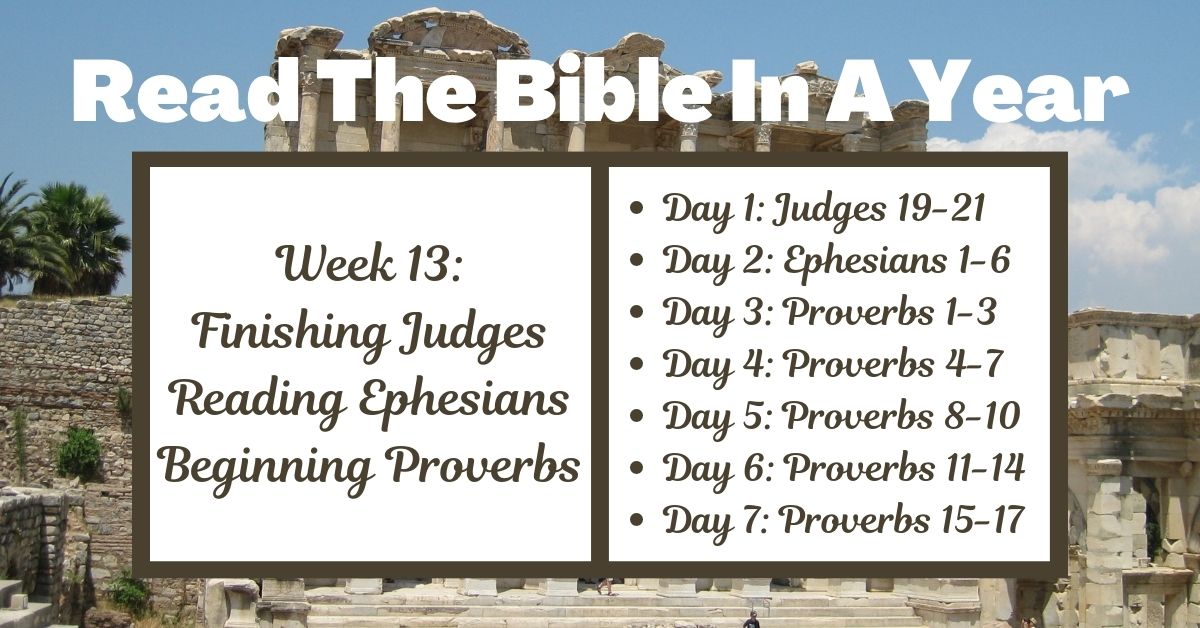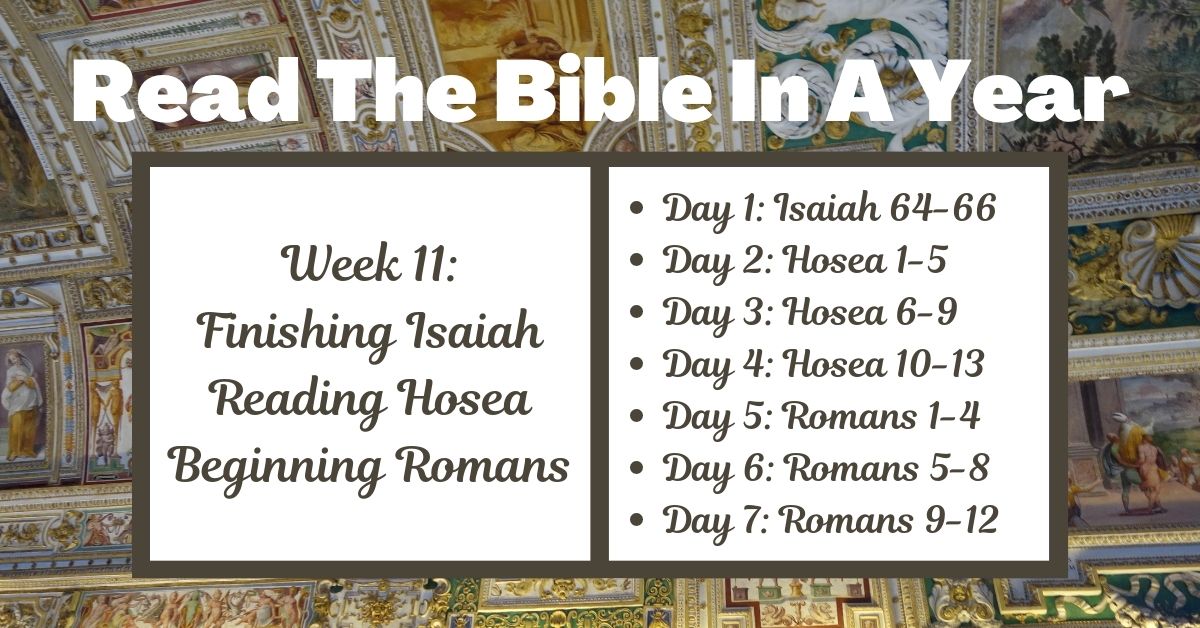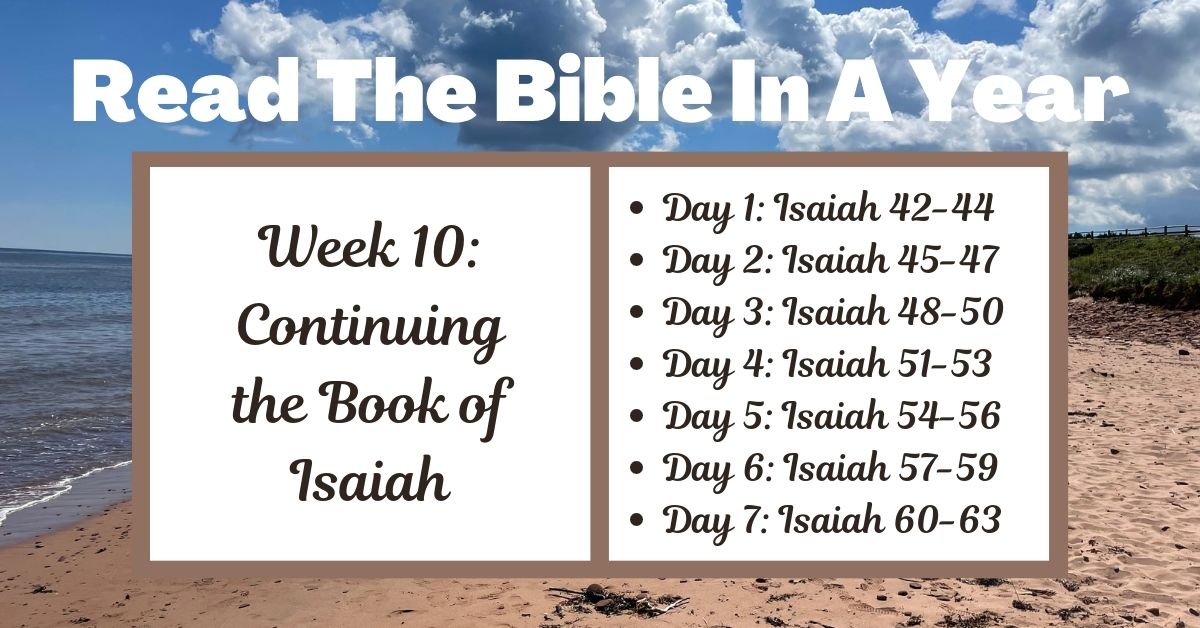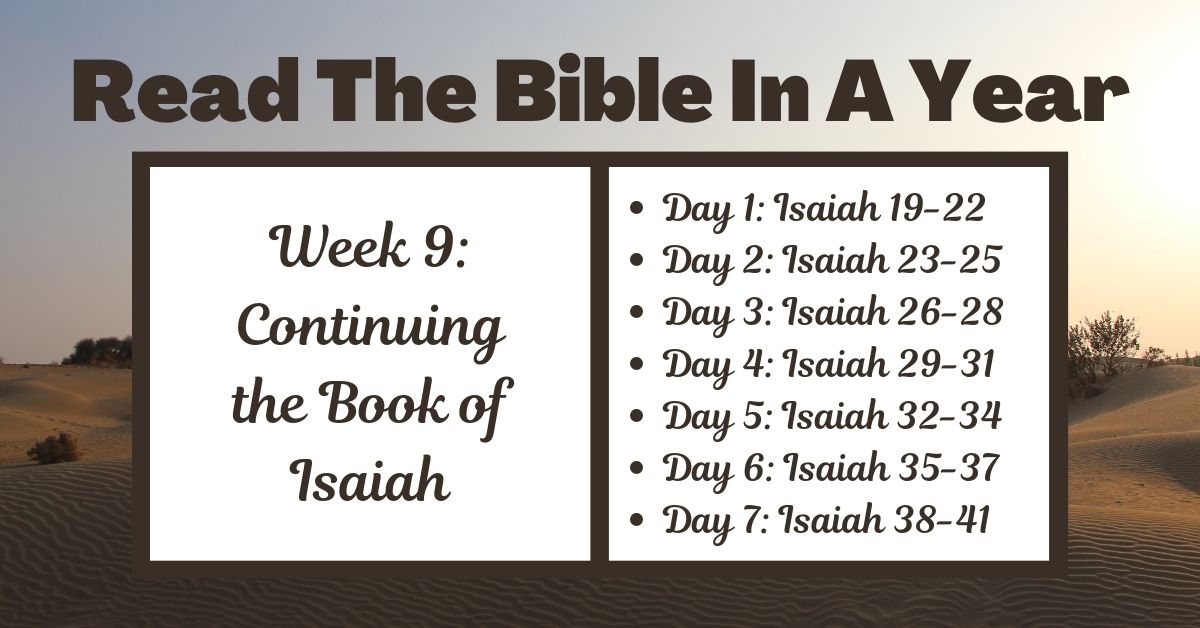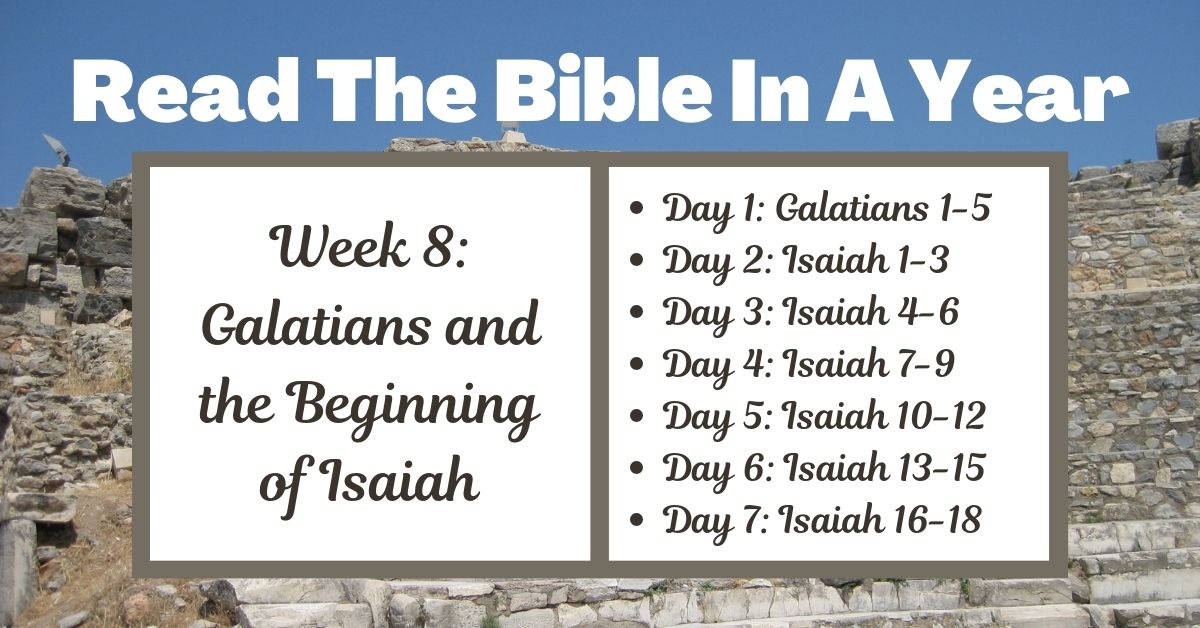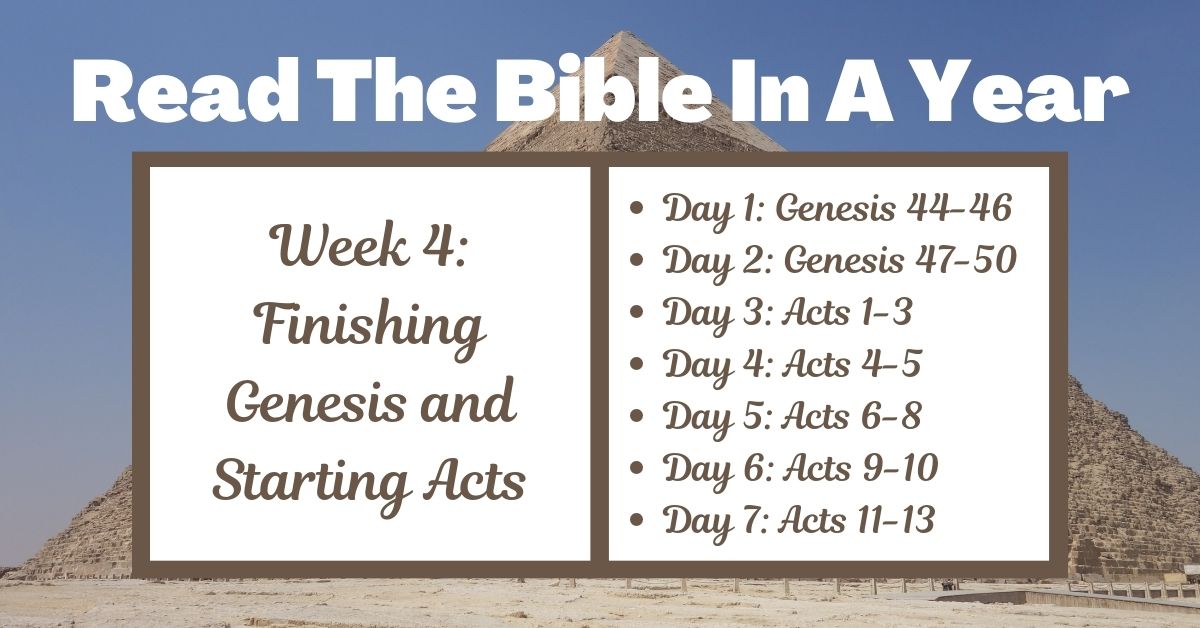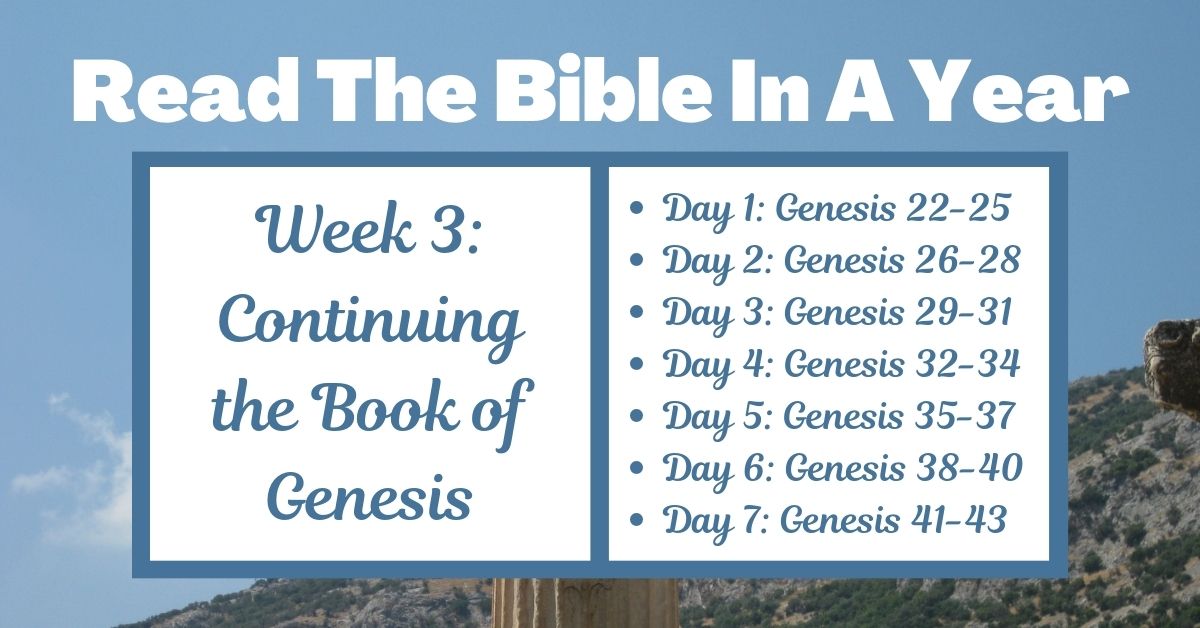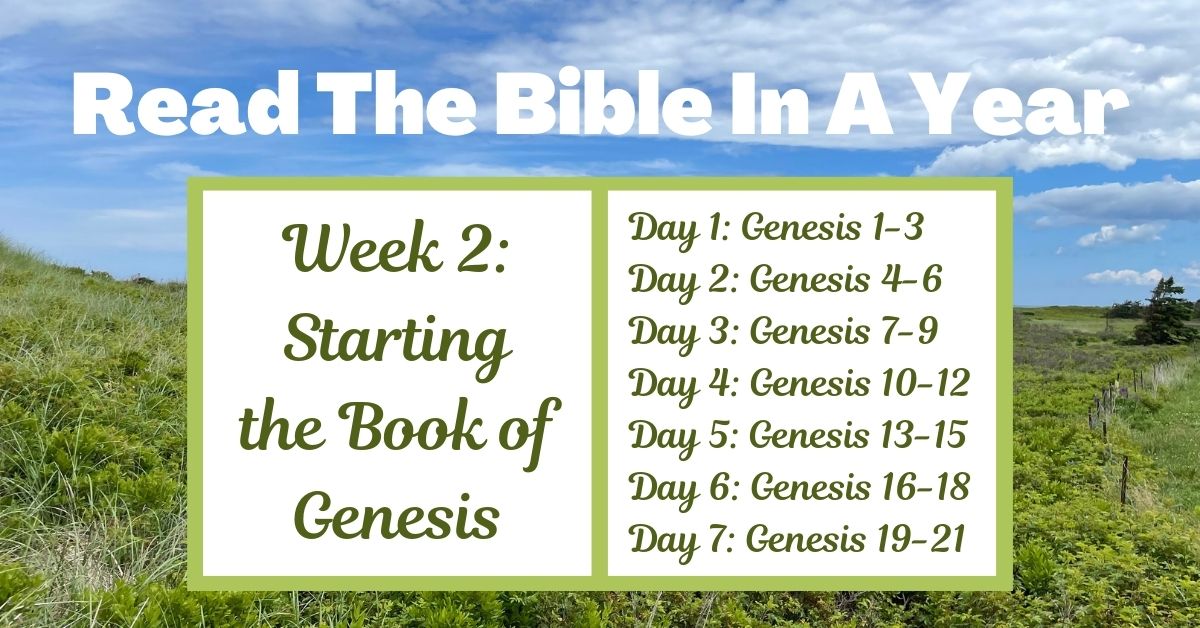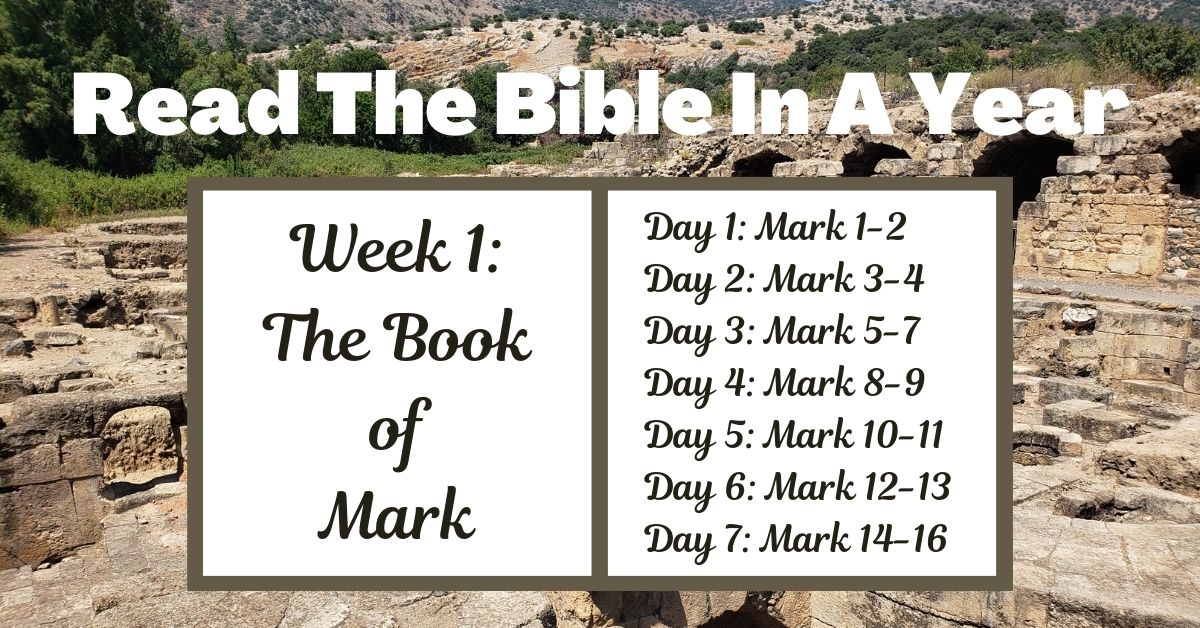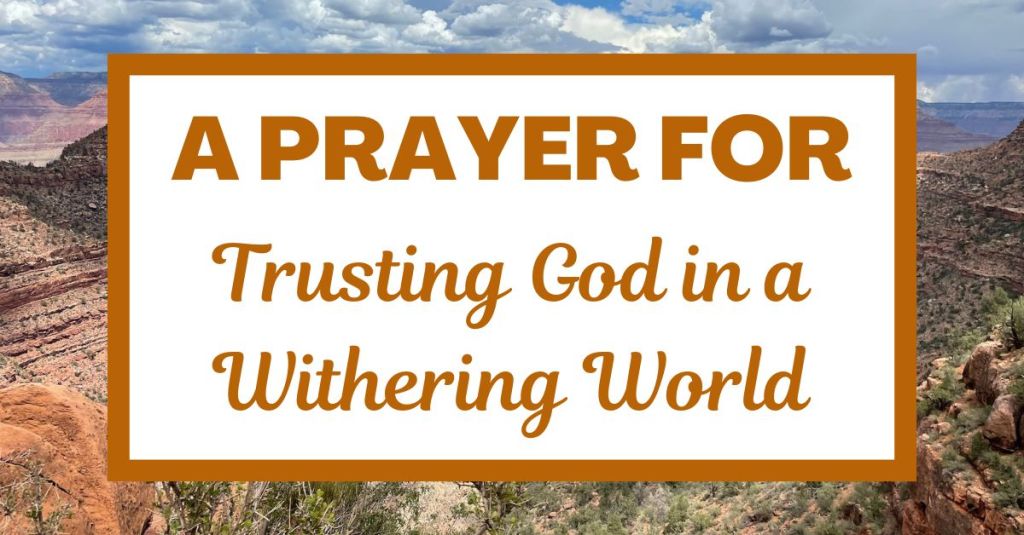In our Bible reading journey for Week 26, you are invited to explore the profound messages found in 1 Thessalonians and the Book of Job. These texts, spanning the New and Old Testaments, provide timeless wisdom on living holy lives while remaining faithful, finding encouragement in the face of suffering and persecution, and contemplating the second coming of Christ and the end times.
1 Thessalonians: Striving for Holiness and Encouragement Amid Persecution
Within the pages of 1 Thessalonians, penned by the apostle Paul, a collection of timeless truths unfolds. Paul encourages believers to remain faithful and live holy lives, all while navigating the challenges of the world with a commitment to God’s standards. Amidst a world filled with trials, Paul’s words provide solace, fostering resilience and steadfastness in the face of persecution. Even in the midst of adversity, this letter reminds us that our hope rests in a sovereign God. As we ponder the return of Jesus, let us contemplate: What do we desire him to find upon his coming?
The Book of Job: Navigating the Depths of Suffering and Faith
Turning our attention to the Book of Job, we encounter a literary masterpiece that explores the profound depths of suffering and faith. Over this week and next week, we will encounter several key themes that will offer valuable insights:
- God’s Sovereignty Over Suffering (Job 1-2): In the opening chapters, Job, a righteous man, faces immense suffering as Satan challenges God’s sovereignty. Job loses his wealth, family, and health, setting the stage for a profound and somewhat troubling exploration of God’s control over adversity.
- Expressing Faith Through Lament (Job 3): Job, overwhelmed by grief and despair, expresses his anguish in a powerful lament. This chapter reflects the human experience of grappling with suffering and emphasizes the authenticity of bringing our raw emotions before God.
- Practicing Patience with the Sufferer (Job 4-31): Job’s friends arrive to offer comfort, but their initial silence is more supportive than their later attempts to explain Job’s suffering. Job endures their misguided counsel, showcasing patience in the face of unhelpful advice.
- Avoiding the Pitfalls of Job’s Friends (Job 32-37): As the story continues, a young man named Elihu challenges Job’s friends, attempting to point out the errors in their reasoning. A close examination of this section highlights the pitfalls of offering simplistic explanations for suffering and the importance of humility in our understanding.
- Thoughtfully Applying Scripture (Job 38-42): God responds to Job and his friends, challenging Job with a series of questions that highlight the limits of human understanding, and rebuking Job’s friends for their misguided explanations. Job humbly acknowledges God’s sovereignty, demonstrating the profound wisdom of applying scripture thoughtfully in the face of life’s mysteries and God graciously restores Job’s fortunes and blesses him abundantly.
Flexible Plan: Reading for Week 26
If you are following the flexible plan for reading the Bible in a year, here is your reading assignment. You can break up the reading however you like throughout the week!
- Passage 1: 1 Thessalonians 1-5
- Passage 2: Job 1-22
Printable Resource: Bible in a Year Reading Plan: Weekly Assignments
7-Day Reading Assignment: Week 26
If you like to be more organized, the weekly assignment can be broken into seven sections:
- Day 1: 1 Thessalonians 1-5
- Day 2: Job 1-3
- Day 3: Job 4-7
- Day 4: Job 8-11
- Day 5: Job 12-14
- Day 6: Job 15-18
- Day 7: Job 19-22
Printable Resource: Bible in a Year Reading Plan: Daily Assignments
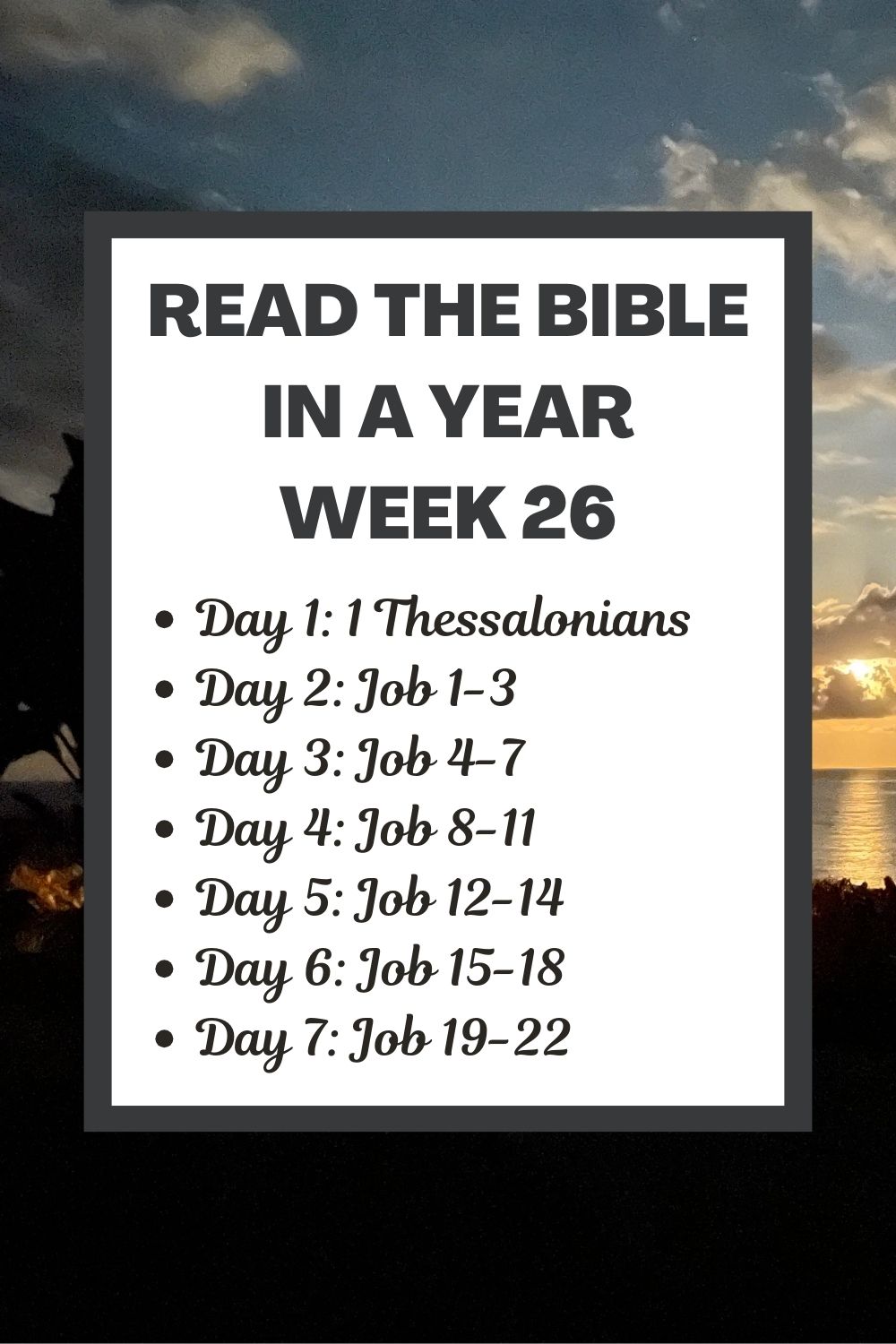
5-Day Reading Assignment: Week 26
Or if you know that you are likely to miss a day or two of reading, the weekly assignment can be broken into five sections:
- Day 1: 1 Thessalonians 1-5
- Day 2: Job 1-5
- Day 3: Job 6-11
- Day 4: Job 12-16
- Day 5: Job 17-22
Printable Resource: Bible in a Year Reading Plan: 5 Days/Week Assignments
Reflections
As we journey through 1 Thessalonians and the Book of Job this week, consider reflecting on the following questions:
- How can the teachings in 1 Thessalonians inspire you to pursue holiness and remain faithful in the midst of today’s challenges? Share practical steps and personal insights.
- How do you interpret the encouragement offered in 1 Thessalonians?
- How can the expressions of faith through lament in Job provide guidance during personal suffering or when supporting others facing adversity?
- Considering the theme of the second coming in both passages, what do you hope Jesus finds upon his return? How might this reflection influence your actions and perspectives?
- Reflecting on Job’s enduring patience, how can you practice patience and empathy when offering support to others experiencing challenges? Share your experiences and any strategies you find effective.
Related Resources
Visit the Joyful Moments in Christ homepage for all posts, or scroll through other blog posts related to reading the Bible in a year:
